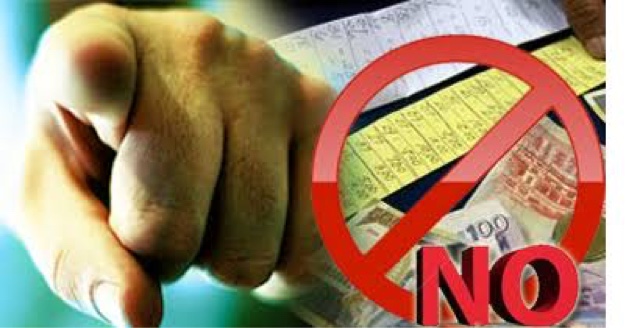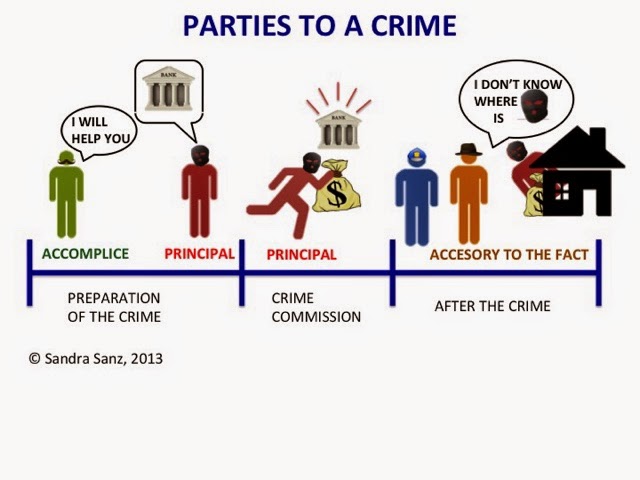Lemon Law
Yes, you read it right. It is Lemon Law. However, it is not intended for the protection or anything related to lemon fruits.
It is actually for the protection of buyers of brand new vehicles later discovered to be substandard quality.
The enactment of this law originated from the United States. Accordingly, automobiles that are found to be defective before they are sold were labeled as "LEMONS". Thus the term, Lemon Law.
However, in the Philippines, this lemon law has still a long way to go. It is still debated upon in the Congress. To legislate this into law, that remains to be a question. Hopefully, our politicians both in the House of Representatives and in the House of Senate will pass this bill into law.
So, in the Philippine setting, we still do not have this Lemon Law. It is still a Lemon Bill for that matter.
Under this Lemon Bill, it will provide the buyer of a brand new vehicle the right to demand replacement "with similar or comparable motor vehicle" if the vehicle is later to be suffering from factory defects or is of substandard quality.
The buyer may also opt to return the defective vehicle and demand a refund of the purchase price and additional collateral charges such as vehicle registration fee.
Additionally, the bill provides a 12-month period or the first 20, 000 kilometers of the vehicle as the coverage of the Lemon Law Rights Period.
Within the period stated above, a vehicle owner can report defects or conditions that substantially impair the use, or safety of a brand new vehicle and demand repairs.
Buyers may invoke lemon law rights if, after four separate repair attempts, they are dissatisfied with the outcome of the remedial measures.
Those found violating the Lemon Law face a penalty of a minimum P100, 000.00 in damages to be paid to the aggrieved party, without prejudice to the filing of criminal complaints.
Source: Sun Star Manila, February 4, 2014.


Comments
Post a Comment